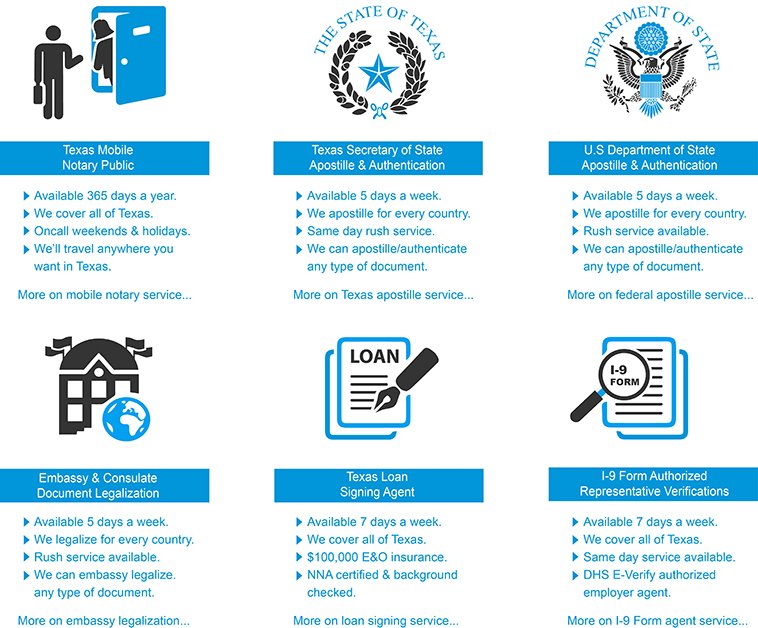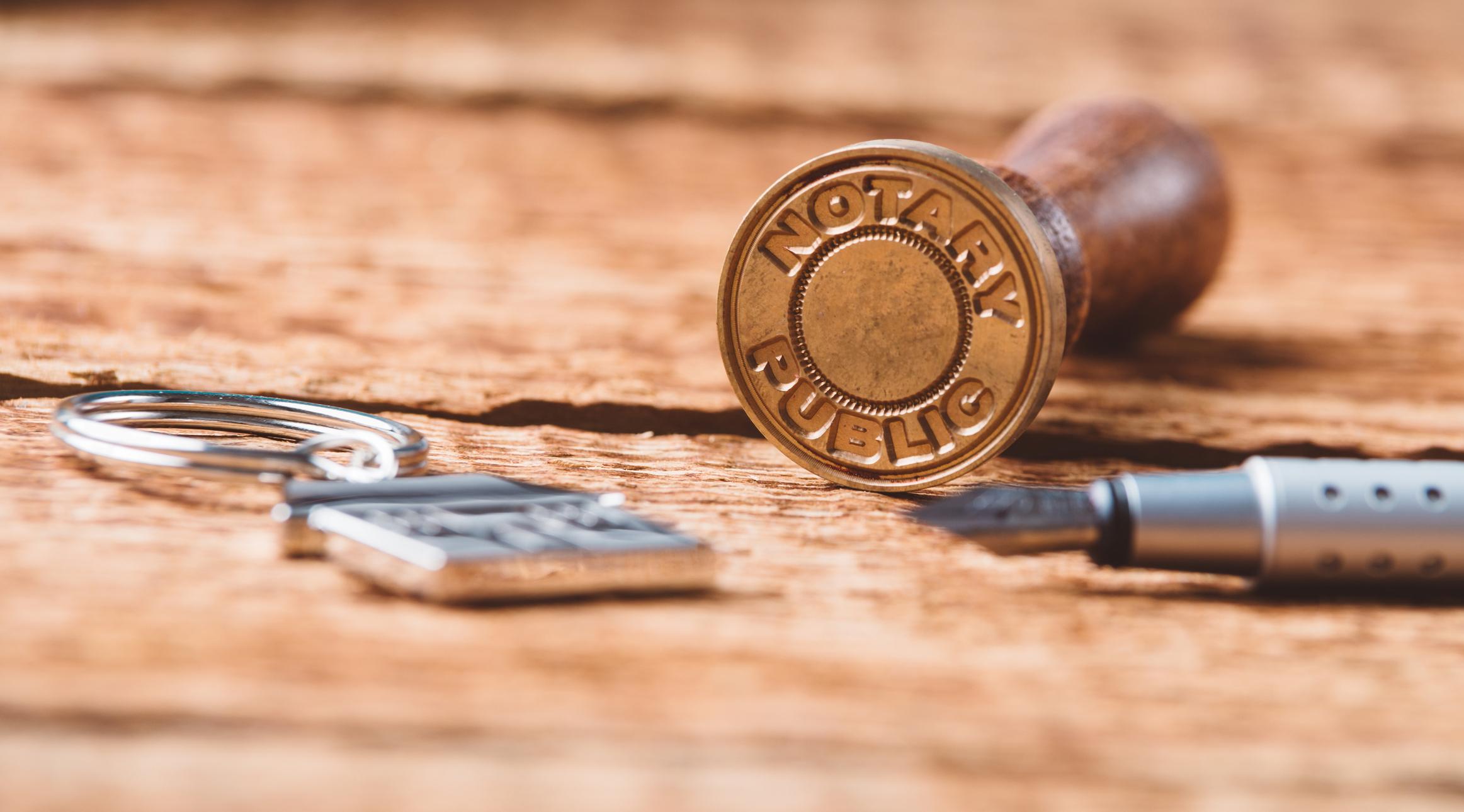Notary Public: Your Trusted Witness and File Authenticator
Wiki Article
Debunking Notarial Job: Simplifying the Function and Relevance of Notaries
In the complex web of legal documentation and confirmation, notaries stand as columns of guarantee and authenticity. Their role, usually shrouded in mystery for lots of, carries considerable weight in ensuring the validity and stability of essential documents. As guardians of legitimacy and truth, notaries play a critical part in our society, yet their work is not always completely recognized. By deciphering the complexities surrounding notarial practices and dropping light on the value of their acts, a clearer understanding arises of the essential function notaries play in promoting the fabric of legal and lawful arrangements.The History of Notarial Job
The history of notarial work dates back to old worlds, where scribes played a crucial function in recording crucial info and authenticating records. This led to the development of notaries, individuals designated by the state to act as neutral witnesses in lawful issues.
During the Middle Ages, notaries gained prominence in Europe, with their features expanding to include composing lawful documents, licensing signatures, and protecting documents. The rise of worldwide trade even more highlighted the relevance of notarial work in confirming agreements and arrangements across borders.
In the modern-day period, notaries remain to play an important role in legal and company deals by confirming identifications, confirming the authenticity of files, and avoiding scams. Their duty in licensing the legitimacy of contracts includes a layer of protection and depend the ever-evolving landscape of commerce and legislation.

Duties and Responsibilities of Notaries
The historical development of notarial work from old civilizations to the modern-day period has formed the distinct responsibilities and responsibilities that notaries promote in lawful and service transactions today. Notaries play an essential function in verifying the authenticity of documents and the identification of signatories. One of their key obligations is to witness the signing of vital papers, such as deeds, agreements, and wills, to ensure that all events are becoming part of agreements knowingly and voluntarily. Notaries also validate that signatories are of audio mind and not under pressure or threat.They license copies of original documents, providing assurance to organizations that the copies are real reproductions of the originals. On the whole, the duties and responsibilities of notaries are essential in guarding the stability and legality of different papers and transactions - Notary.
Notarial Certificates and Signatures
Exemplifying thorough focus to information, notarial certifications and signatures act as necessary elements in verifying the authenticity of legal files. Notarial certifications commonly contain essential information such as the day of registration, the names of the notaries, a description of the document, and the notary's main seal. These certifications supply a clear record of the notarial act, making sure that the record can be easily recognized and mapped back to the notary who supervised the process.Signatures play a critical role in notarial work, as they represent the agreement and authorization of the events included. Notaries thoroughly witness the finalizing of records to validate the identity of the signatures and validate that they are authorizing of their own complimentary will. By affixing their main view it seal and trademark to the document, notaries license that the necessary procedures have been complied with which the file is valid and enforceable.
Basically, notarial certificates and trademarks are the characteristic of credibility in legal transactions, supplying assurance to all events included that the papers are genuine and binding.
Value of Notarial Acts

Notarization Process Discussed
The notarization process typically begins with the specific providing the file to a notary public. When the identification is confirmed, the notary makes sure that the private signing the document does so willingly and without any kind of coercion.
Verdict
Notarial certificates typically contain critical details such as the day of registration, the names of the notaries, a description of the record, and the notary's official seal. These certificates give a clear record of the notarial act, guaranteeing that the record can be quickly determined and traced back to the notary that managed the procedure.
By fastening their main seal and trademark to the file, notaries certify that the necessary procedures have actually been adhered to and that the paper is valid and enforceable.
By confirming the identification of the signatures, verifying their willingness to enter into the arrangement, and licensing the day and area of the signing, notaries play an essential role in promoting the legitimacy of lawful records.After the record is signed, the notary will certainly attach their official seal or stamp onto the paper.
Report this wiki page